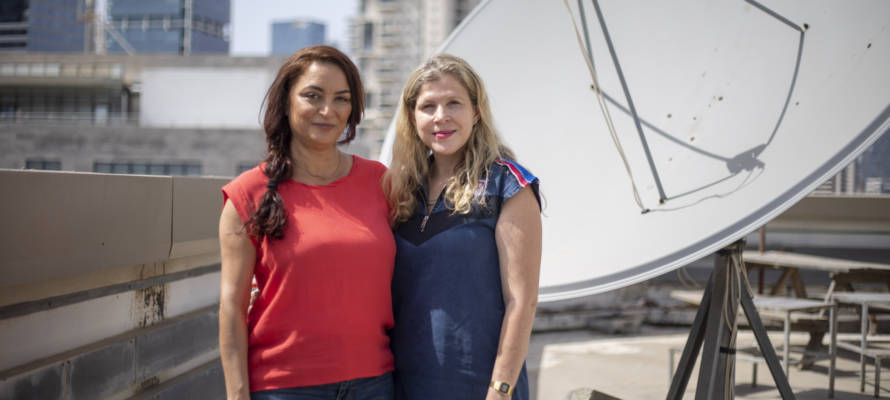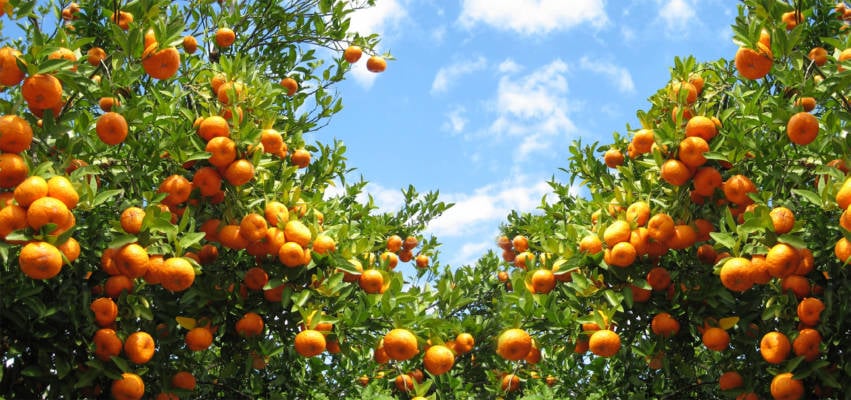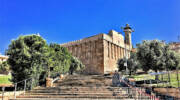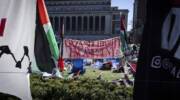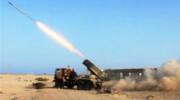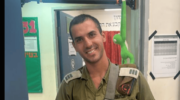In similar fashion to Fauda, creators said they aimed to present a nuanced narrative to a deep-seated conflict that would resonate with all sides.
By Associated Press
Israel’s latest hit TV series takes the viewers straight into the heart of the country’s archenemy Iran.
“Tehran” tells the story of Tamar Rabinyan, a young Mossad operative tasked with hacking into and disabling an Iranian nuclear reactor so the Israeli military can carry out an airstrike. But when the mission goes wrong, the agent goes rogue, falls in love with a local pro-democracy activist and rediscovers her Iranian roots in the city of her birth.
It’s a story that touches on many of the region’s most pressing fault lines. It’s also the latest episode in the golden age of Israeli television.
After numerous Israeli shows inspired American spin-offs such as “Homeland,” “Hostages” and “In Treatment,” Netflix went a step further by running “ Fauda,” the groundbreaking action series on the Israeli-Palestinian conflict, in its original Hebrew-Arabic form with subtitles.
“Tehran” marks the next stage, with Apple TV+ purchasing the rights to the eight-part series and signing on to co-produce its international streaming. The espionage thriller, with dialogue in Hebrew, English and Farsi, premiered on June 22 in Israel. It’s looking to take a page out of the “Fauda” success story, mixing fast-pace action scenes with topical political intrigues and personal backstories that touch on the chaotic nature of the region.
“Although it’s a very entertaining show and it has a lot of action, there are a lot of layers,” said Dana Eden, one of the show’s creators. “We just thought it’s very interesting to try to get into Tehran, into Iran, which is a place we really don’t know and really want to know more about.”
Israel considers Iran to be its most dangerous foe, citing its calls for Israel’s destruction, its development of sophisticated missiles and support for anti-Israel militias in Lebanon and the Gaza Strip. Israeli leaders believe Iran is trying to develop a nuclear-weapons capability, and have frequently hinted at the possibility of a military strike against Iran’s nuclear facilities should international sanctions fail to halt the suspect Iranian atomic program.
Israeli Mossad agents are believed to have acted behind enemy lines in stealing documents from a secret Iranian nuclear archive.
But before Iran’s 1979 Islamic Revolution, the countries were close allies and Iran was home to a large and thriving Jewish community. Some 250,000 Israelis are of Iranian descent and have stayed close to the music, culture and food of their roots.
‘Very Moving, Also Very Painful’
“My character reminds me of my mother, my aunt, my grandmother,” said actress Esti Yerushalmi, who plays the role of Rabinyan’s Iranian aunt Arezoo. “I took all of them and put it in my character. It is an Iranian woman that is also a Jew.”
Yerushalmi and her family fled Iran after the revolution when she was 13, and she said that acting in her mother tongue of Farsi was an emotional experience.
“It was hard because it took me back to my memories from Iran,” she said. “It was very moving for me and also very painful. I miss Iran. I miss all the beauty, all the people. It is a great country, but now I think they’re suffering.”
The show, co-written by Fauda’s writer Moshe Zonder, features Israeli actress Niv Sultan in the lead and Homeland’s Navid Negahban and Iron Man actor Shaun Toub in supporting roles. It was shot in Athens to replicate the Iranian capital.
The television series has yet to be mentioned by Iranian officials, though Kayhan International, a publication affiliated with the hardline newspaper of the same name, described the show as an “anti-Iranian production.” The paper, Kayhan, also acknowledged the show, saying in April that it reveals the “pro-West and promiscuous” nature of activists targeting Iran.
In similar fashion to Fauda, creators said they aimed to present a nuanced narrative to a deep-seated conflict that would resonate with all sides.
“We don’t have bad guys and good guys in this show. It’s more complicated and I’m sure that Iranians who will watch the show will enjoy it very much,” said Eden, who also co-produced the series. “I’m sure it’s going to be a hit in Iran.”
MAKE THE LAND OF ISRAEL EVEN MORE BEAUTIFUL!
PLANT YOUR VERY OWN FRUIT TREES IN ISRAEL!
Farmers near the Gaza border lost family, friends and workers. Spring is here, and they desperately need help to replant the farms. Join us in blessing the People and Land of Israel.
“I will ordain My blessing for you…” (Leviticus 25:4)
